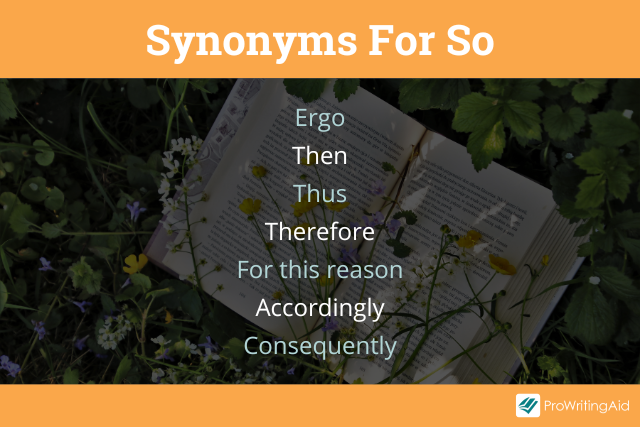In delving into the profundities of the Bahá’í teachings, one may readily observe a significant philosophical framework that seeks to address the existential quandaries of human suffering. The contention that “So Much Pain: What Can We Do to Stop It?” serves as a guiding motto for an exploration into the multifaceted realities of anguish faced by individuals, often engendered by systemic inequities, personal distress, and existential dilemmas. The challenge proposed here is not merely rhetorical; it demands introspection and a collective response from global society.
At the core of the Bahá’í Faith lies the belief in the oneness of humanity, which underscores the interconnectedness of every individual irrespective of race, nationality, or creed. Such a foundation compels followers to contend with the complexities of societal issues that contribute to shared pain. The teachings of Bahá’u’lláh assert that the alleviation of suffering is not solely a personal endeavor but a communal responsibility. Hence, the inquiry must begin with an exploration of the roots of suffering itself.
One of the primary sources of pain stems from social injustices. Inequalities based on gender, ethnicity, or economic standing have historically created rifts that perpetuate cycles of suffering. The Bahá’í teachings advocate for the elimination of prejudice of all forms. This eradication is not a mere aspirational goal but a requisite for fostering an environment in which all individuals can thrive. A playful question then emerges: How can we, as a society, practically dismantle these entrenched prejudices? The answer lies in education and awareness. By fostering understanding through comprehensive education, individuals can transcend their biases, thereby contributing to the alleviation of systemic suffering.
Moreover, the concept of intrinsic worth—central to Bahá’í principles—posits that every human being is of inestimable value. This perspective compels followers to reconsider how they engage with others. Interpersonal relationships, when rooted in respect and mutual appreciation, can serve as transformative agents of change. Therefore, another challenge presents itself: How often do we recognize and affirm the dignity of those around us? The action of consciously affirming the worth of others can create ripples of empathy, fostering a communal atmosphere conducive to healing.
Another dimension of suffering pertains to emotional and psychological turmoil. In a world rife with uncertainty and rapid change, many individuals experience profound feelings of isolation and despair. The Bahá’í teachings encourage a reliance on prayer and meditation as vital tools for personal resilience. Engaging in reflective practices not only nurtures the individual’s soul but also enhances one’s capacity to empathize with the suffering of others. This leads to a significant question: Can we cultivate spiritual practices that not only focus inward but also extend outward to community engagement? Strengthening spiritual fortitude, paired with compassionate action, could act as a powerful antidote to the pervasive pain experienced in society.
Furthermore, the notion of service is intrinsic to the Bahá’í Faith. Acts of service exemplify love in action and create meaningful connections that transcend the barriers of suffering. Each act, whether it be as grand as a charitable initiative or as simple as extending kindness to a stranger, contributes to the alleviation of pain within the community. Thus, one must ponder: How can we inspire a culture of service where acts of kindness are not seen as extraordinary but rather as the norm? Embedding service-oriented values in our educational systems and communal activities can engender a habit of thoughtfulness, making the alleviation of pain a shared responsibility.
Inextricably linked to the challenge of suffering is the role of perpetrators of injustice who, whether consciously or unconsciously, contribute to the cycle of pain. Bahá’í philosophy urges adherents to engage in justice with compassion. This raises a provocative question: How do we confront those who perpetuate suffering while fostering an environment conducive to dialogue and reconciliation? The teachings suggest the pathway of consultative dialogue, aiming for mutual understanding rather than confrontation. By seeking to understand the motives and histories of those who inflict suffering, we may begin to unearth potential pathways to healing and restoration for all parties involved.
Moreover, the influence of technology in amplifying human distress cannot be overstated. In the contemporary landscape, digital communication can often lead to feelings of alienation and disconnection. The Bahá’í teachings emphasize the importance of moderation and the responsible use of technology. A crucial query emerges: How can we utilize technology to foster collective healing rather than exacerbate feelings of isolation? By intentionally engaging in online communities that promote positive dialogues and mutual understanding, we can leverage these tools as instruments of healing.
Ultimately, addressing the question of suffering within the framework of Bahá’í teachings calls for an integrative approach that melds personal responsibility with communal action. Each individual possesses the capacity to influence their surroundings profoundly. The inquiry posed—”What can we do to stop the pain?”—is not just a rhetorical flourish but a clarion call for introspection and activism. By emphasizing the oneness of humanity, embracing education as a tool for dismantling prejudice, nurturing empathetic relationships, committing to acts of service, exercising compassion in the face of injustice, and using technology mindfully, we can foster a global community that is resilient against pain.
Consequently, the path toward alleviating suffering, as illuminated by the Bahá’í teachings, requires persistent engagement and unwavering dedication to the ideals of unity, service, and love. With each conscious action, the seeds of collective healing can be sown, ultimately resulting in the flourishing of humanity as a whole.
